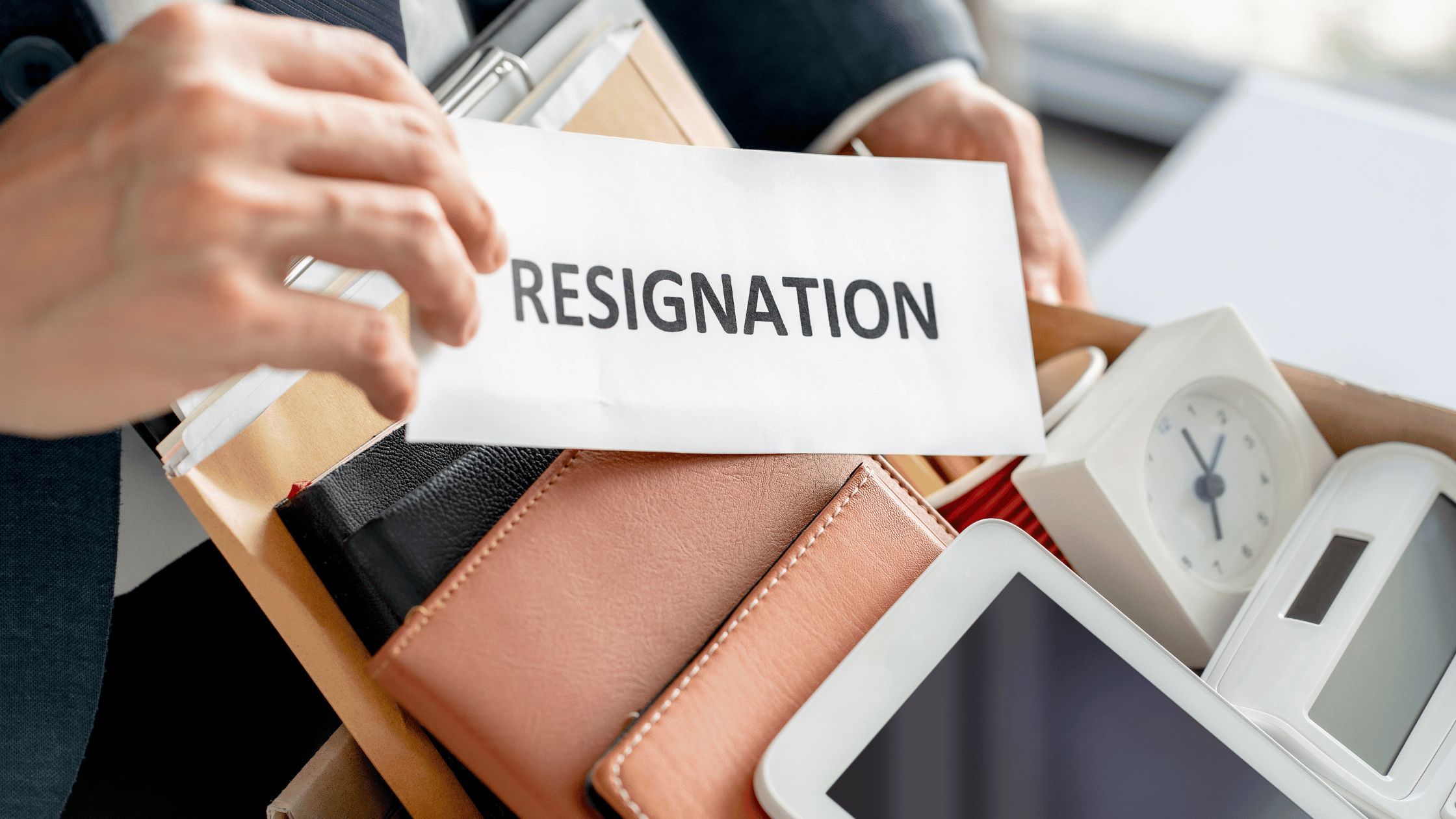This is the third, and final article, in a series of three articles exploring how a director may incur personal liability in relation to their company. The first article gave an overview as to when personal liability may arise, the second article explored a director’s personal liability arising after a company enters into Liquidation or Administration, and this final article explores liability that may occur for directors even after their resignation.
Some directors faced with the demise of their company will look to resign before the inevitable with a view to removing themselves from the situation and liability.
Once a director resigns then generally, they will no longer be subject to their director duties, but there are situations where despite resigning, they still have liabilities.
Before resigning certain matters will require consideration. One such matter is that a company is required to have at least one director, although this in itself is a matter for the shareholders to remedy. Another consideration for the director is whether their appointment documentation contains any restrictions.
Assuming that a director can properly resign will they have any personal liability issues relating to that directorship?
The answer is that their conduct whilst a director could still lead to them having personal liability to the company.
If during their time as a director they acted in such a manner to create a conflict of interest between themselves and the company, such as using company property, information or opportunity for personal gain they could be held to account for that gain. Likewise, if they make profit after their resignation from company property, information or opportunity acquired during their directorship they can be held to account.
A director who has acted negligently, fraudulently or in breach of their duties may be held liable for losses incurred by the company. Section 212 Insolvency Act 1986 provides for a summary remedy against ‘delinquent directors’ if in the course of the winding up of a company it appears they have misapplied or retained, or become accountable for, any money or other property of the company, or been guilty of any misfeasance or breach of any fiduciary or other duty in relation to the company.
A former director will not be protected by their resignation if there is a claim of wrongful trading taking place at a time when they were a director, in the event the company enters into an insolvent liquidation or insolvent administration.
Personal guarantees will also remain in place after resignation and can be enforced.
If a company becomes insolvent, then notwithstanding that the director resigned with the company having financial stability they could still be subject to investigation if the company becomes insolvent within three years of their resignation. If the former director is then found to have played a role in the company’s financial difficulties in the three years prior to insolvency they may face being disqualified under the Company Directors Disqualification Act 1986, and whilst still relatively rare a court can make an order against a disqualified director of an insolvent company to pay personal compensation to the company’s creditors.
The rationale for a director’s resignation not giving rise to impunity is obvious, directors are in a position of trust and should act properly at all times. Any director looking to resign should take advice and ensure that they are leaving the company in good hands so that they can ensure the continuation of the finances being properly managed, and that their exit is managed so as to minimise any risk of personal liability after their departure from office.
Cognitive Law have specialists who can give advice on matters relating to director’s liabilities, should you wish to discuss any issues arising from the above please contact me on darren.stone@cognitivelaw.co.uk
The above is not intended to be regarded as advice or to be a comprehensive guide to the claims referred to, if faced with such claims advice should be sought.
